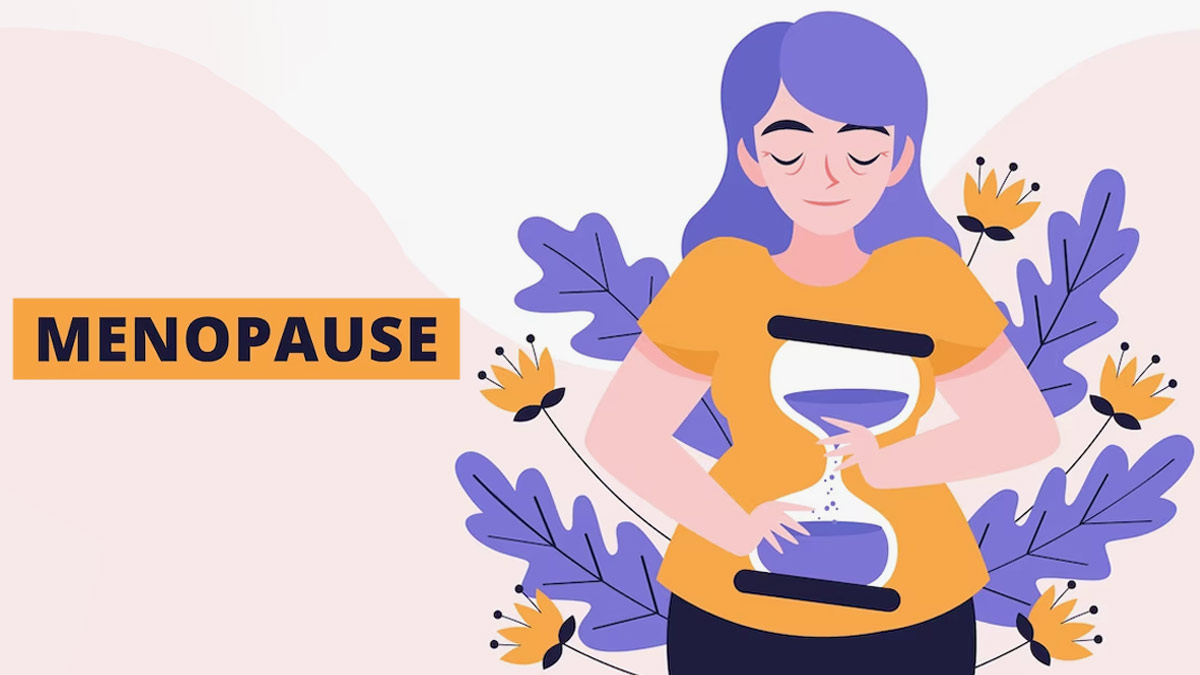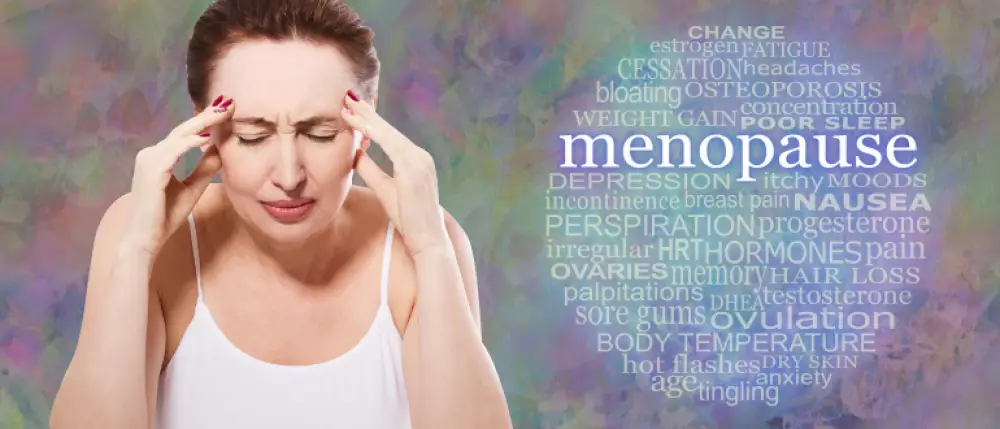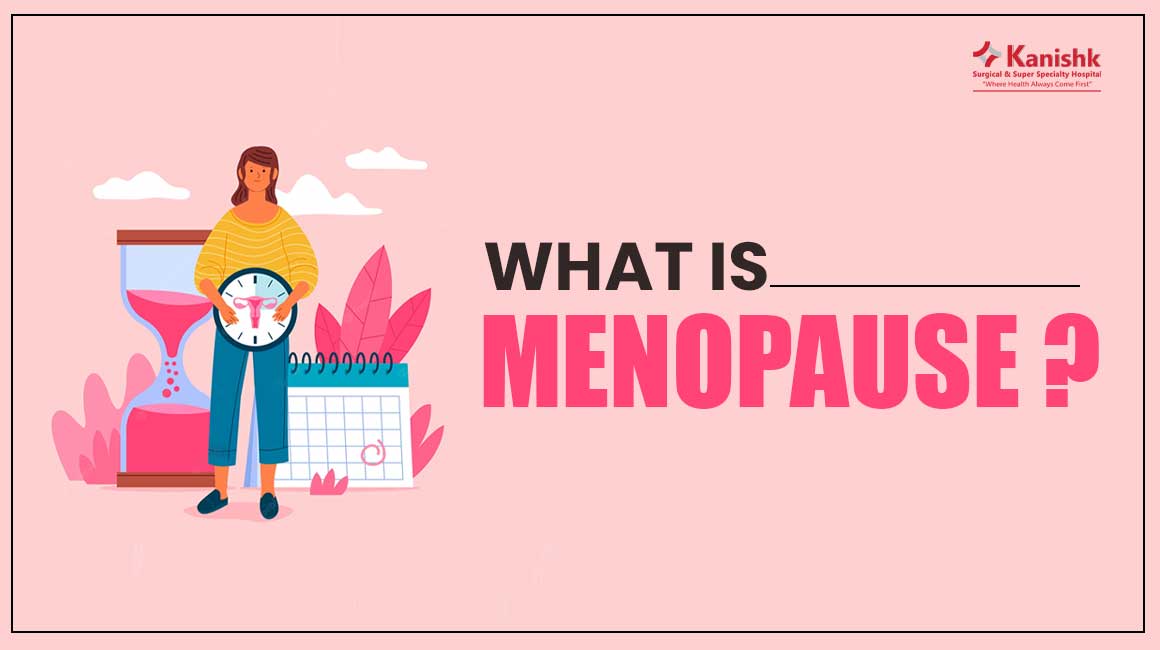Menopause is a natural biological process that marks the end of a woman’s reproductive years. It is not a disease or disorder, but rather a normal part of the aging process. During this time, a woman’s body undergoes various physical and hormonal changes, which can affect her overall well-being. In addition to the physical changes, menopause is often accompanied by other life transitions, such as caring for aging parents, supporting adult children, or taking on new responsibilities at work.
Understanding the Menopausal Transition
Menopause is defined as the point in time when a woman has not had a menstrual period for 12 consecutive months. However, the years leading up to this point, known as the menopausal transition or perimenopause, can be characterized by irregular periods, hot flashes, and other symptoms. The menopausal transition typically begins between the ages of 45 and 55 and can last anywhere from seven to 14 years.
During perimenopause, the body’s production of estrogen and progesterone, two hormones produced by the ovaries, fluctuates significantly. These hormonal changes can have a wide range of effects on a woman’s body, including changes in energy metabolism, fat distribution, and weight gain. Furthermore, menopause can also impact bone and heart health, body composition, and physical function.
Signs and Symptoms of Menopause

The signs and symptoms of menopause can vary from woman to woman, and the severity of symptoms can also differ based on factors such as geographic location, race, and ethnicity. While some women may experience mild symptoms that can be managed through lifestyle changes, others may require medical intervention to alleviate more severe symptoms. It is essential to differentiate between symptoms related to menopause and those caused by other underlying conditions.
1. Changes in Menstrual Cycle
One of the first signs that a woman may be approaching menopause is a change in her menstrual cycle. Periods may become irregular, shorter, longer, heavier, or lighter. Some women may experience spotting or have periods that occur very close together. While these changes are normal during the menopausal transition, it is important to consult a doctor if certain conditions arise, such as heavy bleeding, prolonged periods, or the resumption of periods after a year of no bleeding.
2. Hot Flashes
Hot flashes are one of the most common symptoms experienced during menopause. They are characterized by a sudden feeling of heat that spreads throughout the body, particularly in the upper body. Hot flashes can be accompanied by flushing of the face and neck, red blotches on the chest, back, and arms, heavy sweating, and cold shivering. They can range from mild to severe and can occur multiple times a day or only occasionally.
3. Bladder Control
Many women may experience a loss of bladder control, also known as incontinence, during menopause. This can manifest as a sudden urge to urinate or urinary leakage during activities such as exercise, sneezing, or laughing. It is essential to consult a doctor if incontinence becomes problematic. Bladder infections can also occur during this time.
4. Sleep Problems
Sleep disturbances are common among women going through the menopausal transition. Some may have difficulty falling asleep, wake up frequently during the night, or experience night sweats that disrupt sleep. These sleep problems can have a significant impact on a woman’s overall well-being and quality of life.
5. Vaginal Health and Sexuality
Changes in vaginal health are common during and after menopause. The decrease in estrogen levels can lead to vaginal dryness, making sexual intercourse uncomfortable or painful. It is important to explore treatment options for addressing vaginal pain during sex. Additionally, menopause can also bring about changes in a woman’s feelings about sex. While some may experience a decreased interest, others may feel a newfound sense of freedom and sexuality.
6. Mood Changes
Mood changes and irritability are common during the menopausal transition. The exact cause of these changes is not fully understood, but factors such as stress, family dynamics, a history of depression, and fatigue can contribute to mood swings. It is crucial to seek support from healthcare providers or mental health professionals to address these symptoms effectively.
7. Body Changes
Menopause can bring about various changes in a woman’s body. These changes may include an increase in waist size, loss of muscle mass, gain of body fat, thinning of the skin, memory problems, and joint and muscle stiffness. Researchers are still studying these changes and their relationship to hormonal fluctuations and aging.
8. Other Symptoms
In addition to the common symptoms mentioned above, some women may experience aches and pains, headaches, and heart palpitations during menopause. It is important to follow up with a doctor if these symptoms become bothersome or concerning.
Managing Menopause Symptoms

The management of menopause symptoms can be a complex and personal decision. It is essential to discuss individual symptoms, medical history, and preferences with a healthcare provider. Treatment options can range from lifestyle modifications to medications or hormone therapy. Regular communication with a healthcare professional is crucial to monitor symptoms and make any necessary adjustments to the treatment plan.
1. Lifestyle Changes
For many women, lifestyle modifications can help alleviate menopause symptoms. These changes may include avoiding triggers such as caffeine or spicy foods, maintaining a healthy diet, exercising regularly, managing stress levels, and ensuring adequate sleep.
2. Medications and Hormone Therapy
In some cases, medications or hormone therapy may be prescribed to manage specific menopause symptoms. These may include hormone replacement therapy (HRT), which involves taking estrogen and progesterone to replace the hormones that the body no longer produces in sufficient quantities. Other medications, such as selective serotonin reuptake inhibitors (SSRIs) or low-dose antidepressants, may be prescribed to alleviate mood swings, hot flashes, or sleep disturbances.
3. Alternative Therapies
Some women may explore alternative therapies to manage menopause symptoms. These can include herbal supplements, acupuncture, yoga, meditation, or other mind-body practices. It is important to discuss these options with a healthcare provider to ensure their safety and effectiveness.
Maintaining Overall Health during Menopause

Menopause is a time when women should prioritize their overall health and well-being. In addition to managing menopause symptoms, there are several key areas to focus on to maintain optimal health during this stage of life.
1. Healthy Diet
Maintaining a healthy diet is crucial during menopause. Women should strive to consume a balanced diet rich in fruits, vegetables, whole grains, lean proteins, and healthy fats. Adequate calcium intake is particularly important to support bone health and prevent osteoporosis.
2. Regular Exercise
Regular exercise has numerous benefits during menopause, including reducing hot flashes, improving sleep, managing weight, and supporting overall cardiovascular health. It is recommended to engage in a combination of aerobic exercises, strength training, and flexibility exercises.
3. Bone Health
Postmenopausal women are at a higher risk of developing osteoporosis, a condition characterized by weak and brittle bones. It is essential to ensure an adequate intake of calcium and vitamin D, as well as engage in weight-bearing exercises to maintain bone health.
4. Regular Health Check-ups
Regular check-ups with healthcare providers are essential during menopause. These visits allow for the monitoring of menopause symptoms, evaluation of overall health, and the opportunity to discuss any concerns or questions.
5. Emotional Well-being
Taking care of emotional well-being is crucial during menopause. Engaging in stress-reducing activities, seeking support from loved ones or support groups, and practicing self-care can contribute to improved emotional well-being.
Conclusion
Menopause is a natural and inevitable phase of a woman’s life. While it can bring about various physical and emotional changes, understanding and managing menopause symptoms can help women navigate this transition with greater ease and comfort. By staying informed, seeking support from healthcare professionals, and adopting healthy lifestyle practices, women can embrace this new chapter of life with confidence and vitality.
